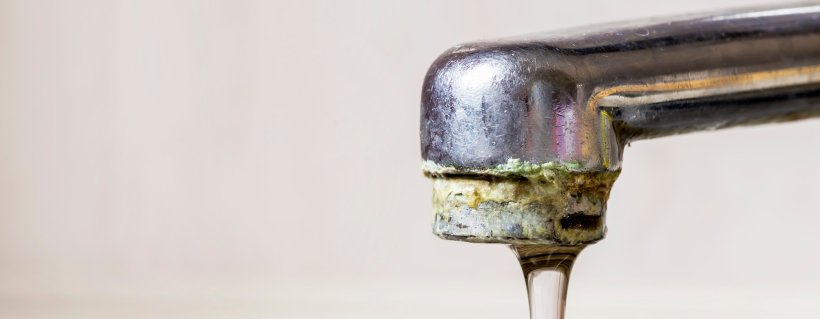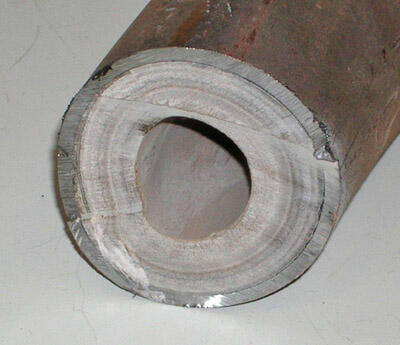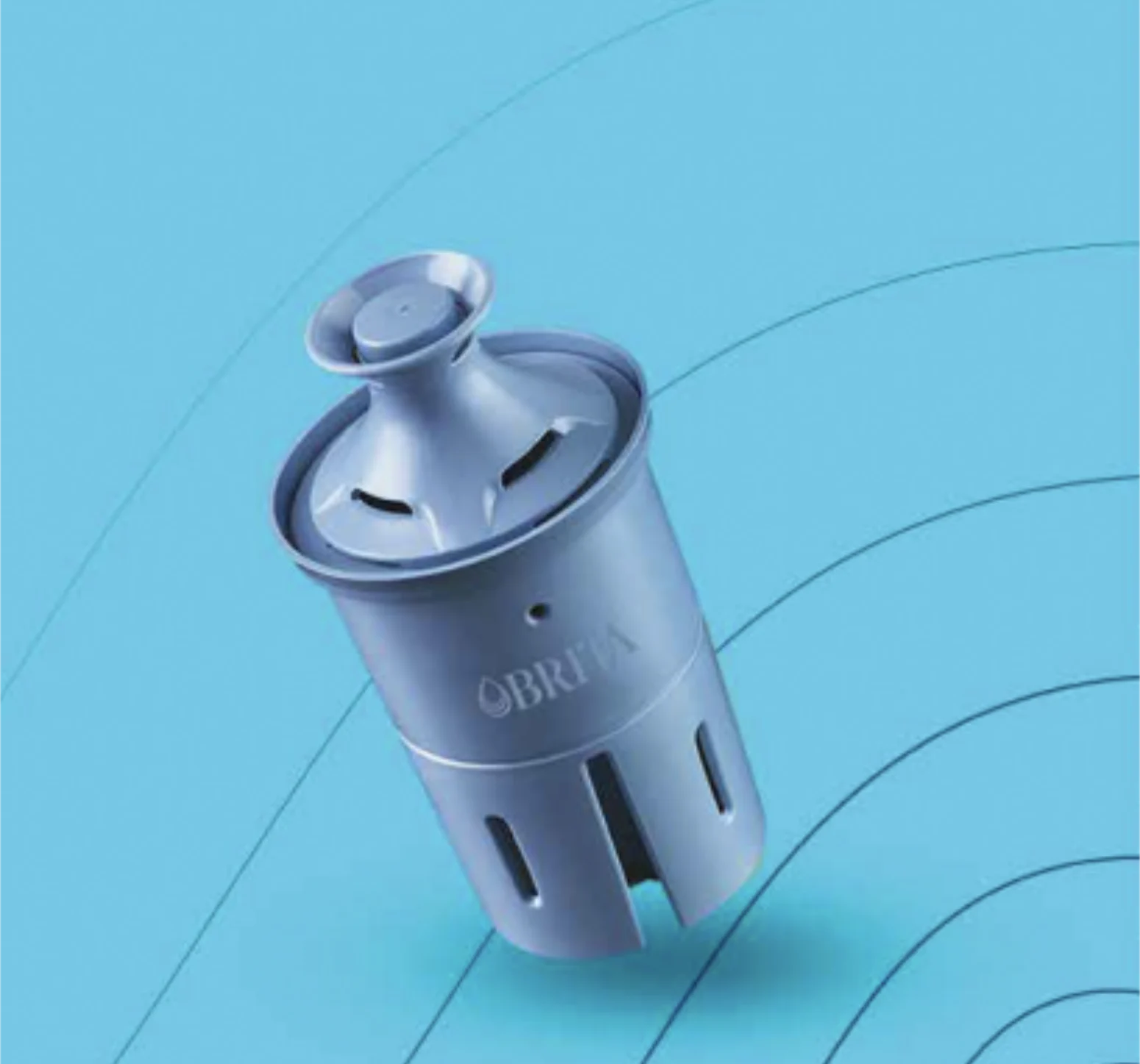Unfiltered water cannot only smell or taste off, it can also make your hair weak and dry, and cause your skin to itch.
That is because water filtered locally can sometimes have chlorine, typically used to disinfect water and kill harmful bacteria and germs that may cause serious diseases such as norovirus or salmonella.
Additionally to containing chlorine, water can also contain high concentrations of calcium, which can cause it to get “hard.”
But despite its positive uses, chlorine can also cause a few problems, especially if present in the shower.
Drawbacks of showering with chlorine water:
According to U.S. Water Systems, chlorinated water can sometimes have a strong smell, irritate skin, weaken or dry hair, cause hair split ends and even change the hair’s natural or artificial color.
How can I get rid of chlorine in my shower water?
The best way to remove chlorinated water is by installing a granulated activated carbon (GAC) filter for the shower. Such a filter will effectively remove chlorine and any other toxins from your shower water.
How often should I replace my shower water filter?
In general, it is recommended that you change your showerhead filter once every 6 months or once a year, depending on your showerhead filter’s manufacturer’s instructions.
The frequency on how often you should replace your showerhead water filters depends on several factors, though, including:
- Frequency: Depending on how often your shower head is used, it might need to be replaced more often than recommended.
- Water quality: If your area’s water is low quality and has a high content of solids, you might need to replace the filter more often.
How to know if my water is hard
Ever heard people describe their water as being hard or soft?
According to the United States Geological Survey, water hardness is determined by the amount of dissolved minerals, such as calcium, in water.
One quick way to determine if water is hard is when your hands still feel slimy after washing with soap. This is caused when the soap reacts with the calcium and forms a slimy film known as soap scum.

Another way to tell is if there are white spots or a cloudy film on your dishes and glassware after washing.
Hard water can also cause a buildup of minerals in your home’s pipes, which can affect water pressure.

Hard water cannot only leave your hands feeling slimy, but it can also cause them to itch and feel dry.





Leave a Reply